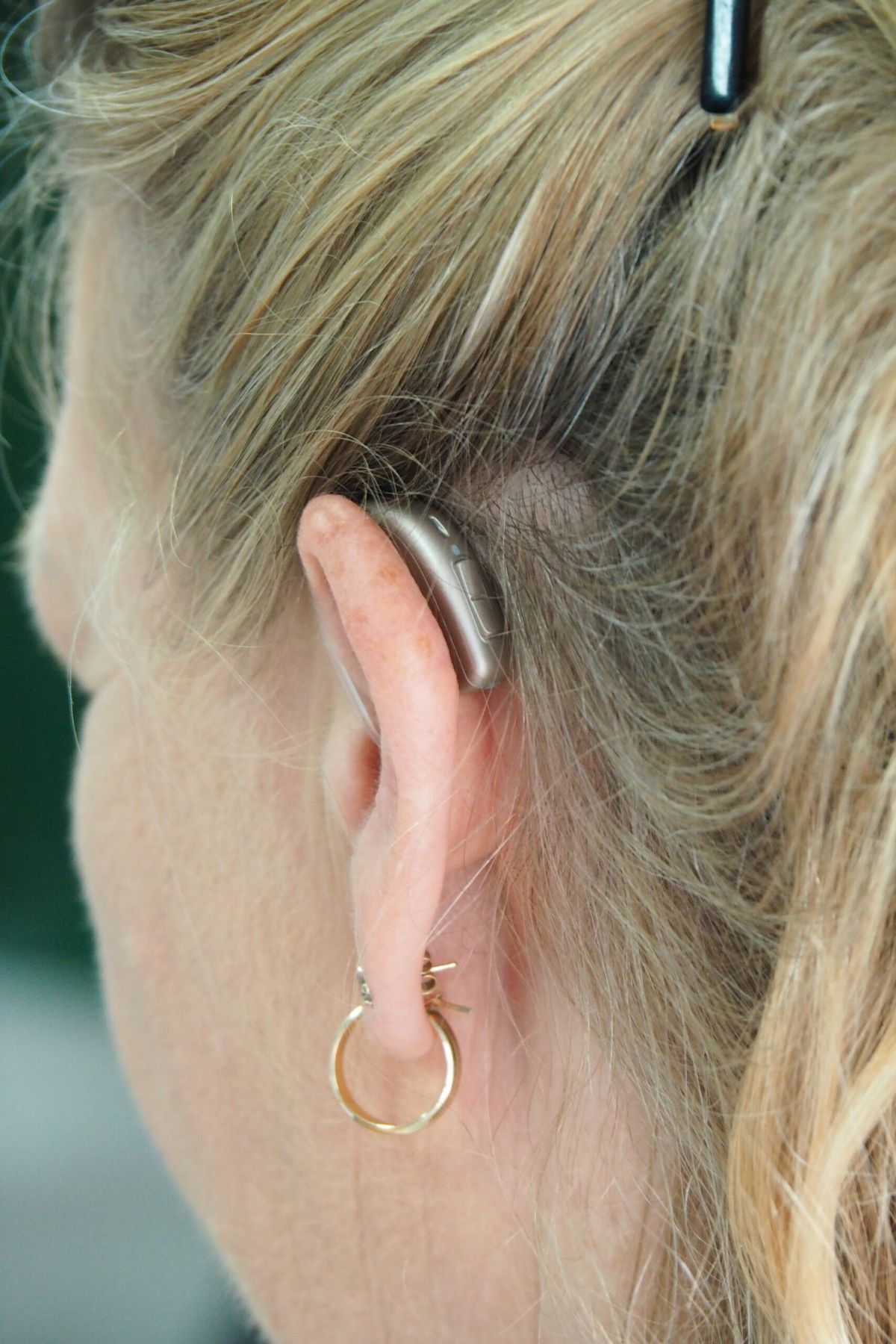Hearing Aids Will Soon Be Available Without a Prescription

This story is about something you can’t buy yet – over-the-counter hearing aids. At present, in most states, consumers with hearing issues must be examined by a medical professional before buying a hearing aid locally, but that’s about to end.
The U.S. Food and Drug Administration (FDA) recently published proposed regulations that will allow consumers with mild to moderate hearing loss to buy over-the-counter (OTC) hearing aids – at costs expected to be far less than the current going rate.
Hearing aids currently cost between $500 and $6,000. It’s expected the OTC models will sell for much less, though perhaps not much less than $500 initially. Expensive and time-consuming exams will no longer be required for those who want to go the OTC route.
This is big news for the 38 million Americans who have milder degrees of hearing loss. Consumers with more profound deafness will still need to see an audiologist, ENT physician or other medical professional.
The FDA’s new rules are intended to ensure that the OTC hearing aids are safe and effective – the same standard applied to other medical devices – and will set standards for packaging that help consumers identify the device most likely to help them.
Who may use an OTC hearing aid?
The new devices are for people who have mild-to-moderate hearing loss, even if they have never had a hearing exam. Symptoms listed by the National Institutes for Health include:
- Speech or other sounds seem muffled.
- You have trouble hearing when you’re in a group, in a noisy area, on the phone, or when you can’t see who is talking.
- You have to ask others to speak more slowly or clearly, to talk louder, or to repeat what they said.
- You turn up the volume higher than other people prefer when watching TV or listening to the radio or music.
If you have trouble hearing softer sounds, have fluid coming out of your ear, ringing in one ear and other signs of more serious problems, you should still still a hearing professional to get a diagnosis and get fitted for a more powerful hearing aid.
Seniors most likely to benefit
The new rules are likely to be welcomed by seniors. Our hearing tends to deteriorate as we age and the vast majority of hearing aid users are over 65.
The most common type of hearing loss is called sensorineural. It can be caused by chronic exposure to loud noises, certain medications as well as by the simple act of getting older.
Hearing aids help relieve sensorineural hearing loss simply by acting as an amplifier and making sounds louder. More sophisticated hearing aids, like cochlear implants, bypass parts of the ear and electrically stimulate the auditory nerve.
More innovative hearing aids ahead?
Naturally, those in the hearing aid business say the FDA’s new rules will spark innovation, resulting in better devices at lower cost. There is already talk about gee-whiz features like a combination smartphone/hearing aid.
“By expanding the potential customer base for hearing aids, it could induce manufacturers to enter the space – and reduce prices for consumers,” said Sally C. Pipes a healthcare policy fellow at the Pacific Research Institute in a recent Detroit News op-ed.
“A possible preview of what’s ahead – speaker and headphone manufacturer Bose already sells over-the-counter hearing aids. They cost $850 — much less than the thousands of dollars that prescription hearing aids can cost today,” she said.
(Bose is able to sell OTC hearing aids over the internet in states that specifically allow such transactions).
